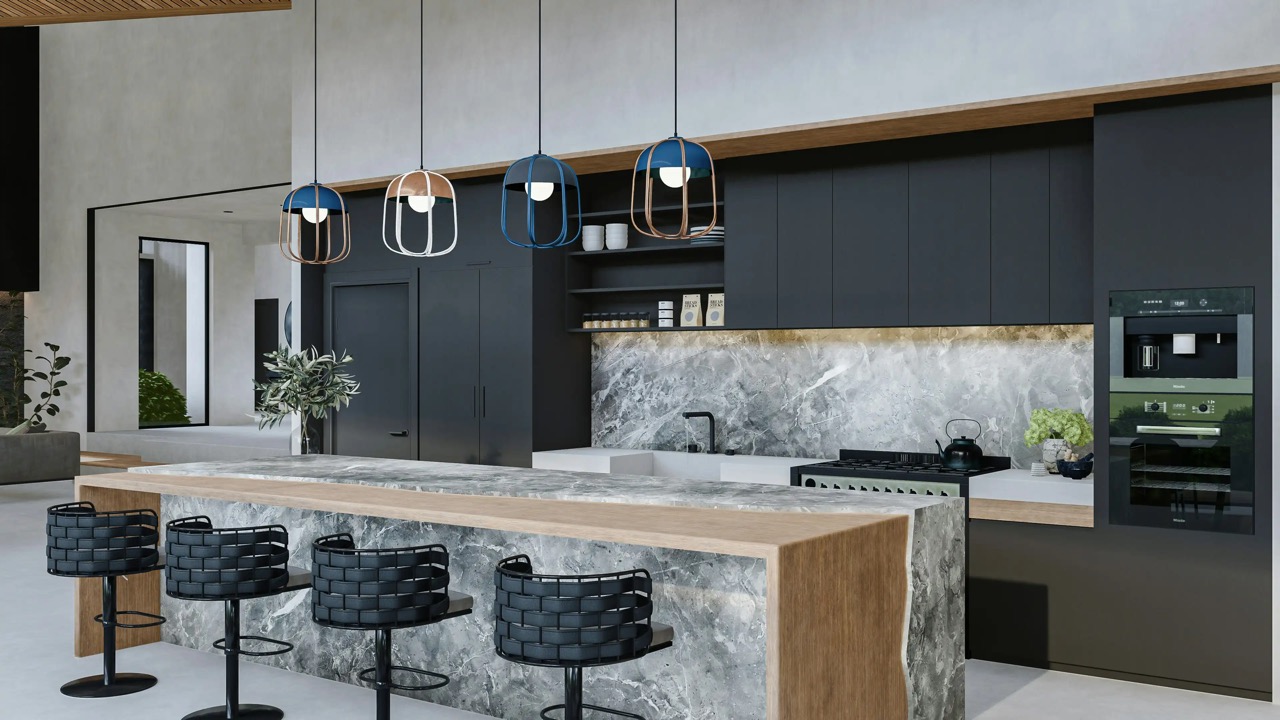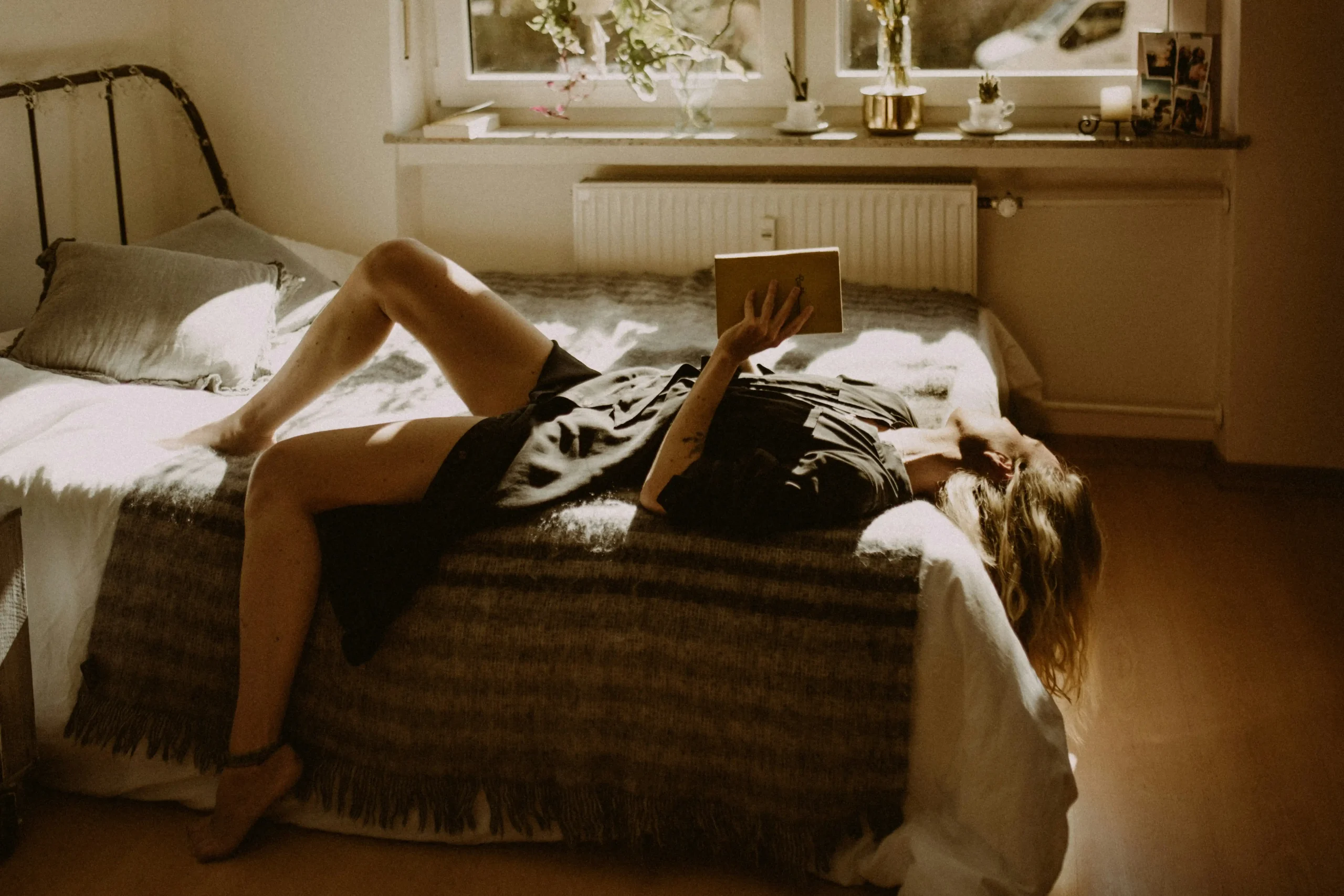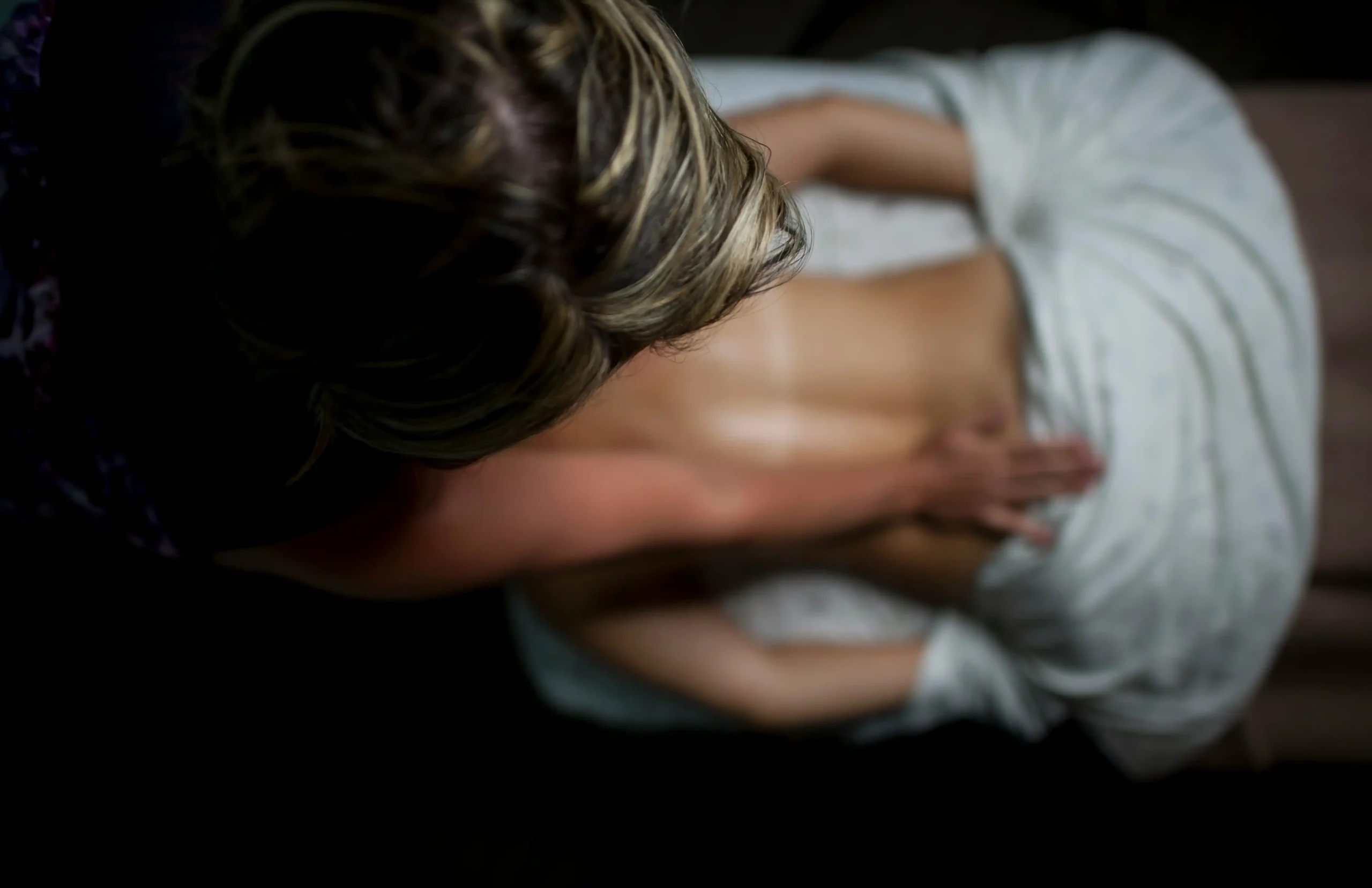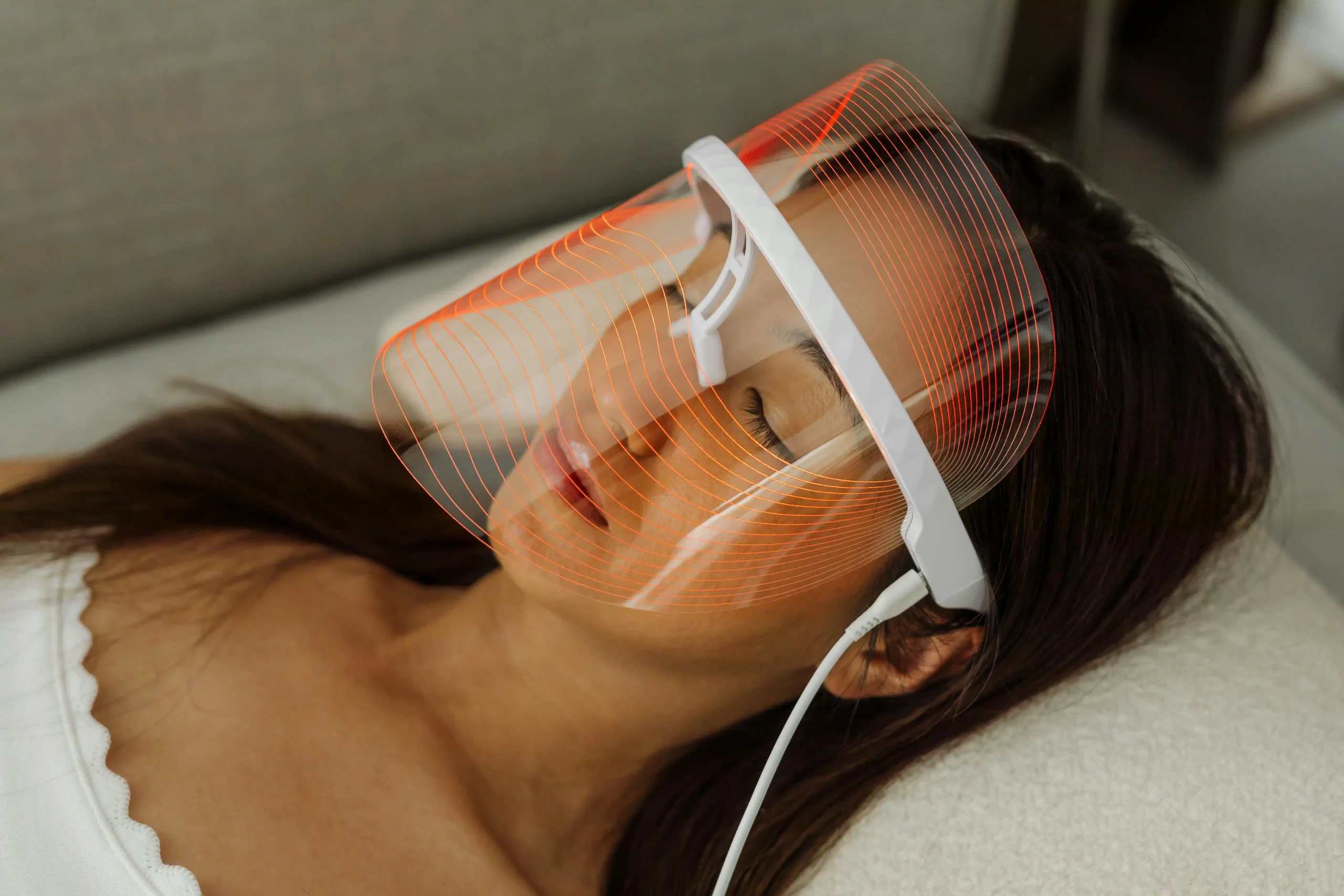Hand-held photos, or so-called selfies, have become an integral part of our daily lives. On the one hand, sharing such photos can build a sense of community and acceptance; on the other, it can lead to comparison, low self-esteem and an unhealthy obsession with image. So how do selfies and social media shape our image and what consequences do they have on our mental health?
Table of Contents:
- Selfie as a tool of expression: advantages and pitfalls
- Comparisons in the social media age: how do they affect our self-esteem?
- Balance in the virtual world: how to take care of mental health in the age of the selfie?
Selfie as a tool of expression: advantages and pitfalls
Selfies, or photos taken by oneself, have become an integral part of our lives. They have gained popularity with the development of smartphones and social media, giving people the opportunity to express themselves and share their reality. While selfies can be seen as a tool for expression, they carry both advantages and pitfalls that are worth examining carefully.
What are the advantages of the selfie?
Selfies allow us to show ourselves in a way that reflects our emotions, interests and daily life. They allow us to capture the moments we want to remember and share them with others. It’s a form of creativity that allows you to experiment with different styles, angles and filters. For many people, selfies are a way to build self-confidence, as well as an opportunity to express their individuality.
Thanks to social media, selfies can bring people together. Shared photos with friends, family or at social events, promote relationship building and bonding. Recipients of photos can motivate and support each other, which can have a positive impact on mental health. By sharing a selfie, we often receive comments and reactions that can lift our spirits and provide us with a sense of acceptance.

What are the pitfalls of the selfie?
However, selfies, despite their advantages, can also lead to some negative consequences. One of the main problems is the cult of perfection that often accompanies posting photos on social media. Many people compare themselves to others, which can lead to low self-esteem and feelings of dissatisfaction with their own appearance. The image of ideal bodies or lives that often appears online can put pressure on us to look or live a certain way.
Another pitfall is the so-called “selfie effect,” which can lead to image obsession. People who spend too much time taking photos and editing them can lose sight of real life and authentic relationships. This can lead to isolation as we focus on presenting ourselves online rather than truly interacting with others. We also often encounter emotional distortion, where individuals only show aspects of their lives that are ideal, which can lead to feelings of frustration in those who feel they don’t measure up to such standards.
Comparisons in the social media age: how do they affect our self-esteem?
Nowadays, social media have become an integral part of our lives. Thanks to them, we can easily connect with others, share photos and experiences, and observe the lives of friends, influencers and celebrities. However, what may seem like fun and a way to stay in touch also has its dark side. One of them is comparisons, which can affect our self-esteem and overall well-being.
On platforms such as Instagram, Facebook and TikTok, we often see pictures of perfect bodies, luxurious vacations and perfect moments from other people’s lives. These images can create the impression that everyone around us is living a successful life, which naturally leads to comparisons. When we see others displaying their achievements, we feel pressure to be “perfect” too. This can lead to a feeling that our lives are not good enough, which negatively affects our self-esteem.

As we consume social media content, we may also experience what is known as “FOMO” (fear of missing out), or the fear that we are missing out on something. As we watch photos of parties, trips or other events that seem exciting, we feel that we are not participating in an adventurous life. This can lead to isolation and frustration, and in the long run, depression. We all have our daily struggles, but social media often shows only the best moments, which can create an unrealistic picture of reality.
When we compare ourselves to ideal role models, we often forget that everyone has a unique story. We don’t see the hardship and sacrifice that is often behind the successes of others. In addition, many photos on social media are edited and filtered, making reality seem more perfect than it really is. Instead of being inspired by positive examples, we can fall into the trap of criticizing ourselves, which leads to lower self-esteem.
Balance in the virtual world: how to take care of mental health in the age of the selfie?
The modern world, dominated by social media, poses many mental health challenges.Selfies, which have become a popular way to express oneself, can not only contribute to building relationships, but also become a source of stress, comparisons and feelings of inadequacy. It is therefore worth considering how to find balance in the virtual world, so that selfies can serve as a positive tool for expression, rather than contributing to a decrease in our quality of life.
Conscious use of social media
The first step to maintaining balance in the virtual world, is to use social media consciously. It’s important to think about how often we reach for our phone to browse photos of others. Setting limits on how much time you spend online can help you avoid feeling overwhelmed. It’s a good idea to set specific times to use the app so that you can focus on other, more fulfilling activities, such as meeting friends, playing sports or pursuing your passions.
Content selection
Another important element is the selection of the content we consume. Instead of following people who cause us negative emotions, it is worth surrounding ourselves with those who inspire and motivate us to act. Watching people share authentic experiences, not just an idealized picture of life, can help build positive self-esteem. It’s also worth asking ourselves what emotions are evoked by the various accounts we follow, and whether they are beneficial to us.

Realistic expectations
It is also important to have realistic expectations of yourself and others. A selfie is just one of many snapshots of reality, not a reflection of the full picture. Remember that we all have moments when we feel less attractive, tired or just plain human. Acknowledging our weaknesses and accepting ourselves in different guises can help build a healthy self-image.
Practicing gratitude
Practicing gratitude is another way to improve mental health in the age of the selfie. Instead of comparing ourselves to others, it is helpful to focus on what we already have and what we are grateful for. Regularly writing down the things that make us happy can help us appreciate small successes and everyday joys. This can help reduce the impact of negative thoughts and build a positive approach to life.
Offline time
A balance in the virtual world also requires time spent offline. It’s important to disconnect from screens from time to time and focus on real life. Spending time with loved ones, playing sports, or simply relaxing in nature allows you to recuperate and find balance. At the same time, it can help you discover new passions beyond social media that bring true joy and fulfillment.
Taking care of mental health in the age of the selfie, requires a conscious approach to using social media. Let’s remember that selfies are just one of many forms of expression, and there is more to real life than what we show online.





